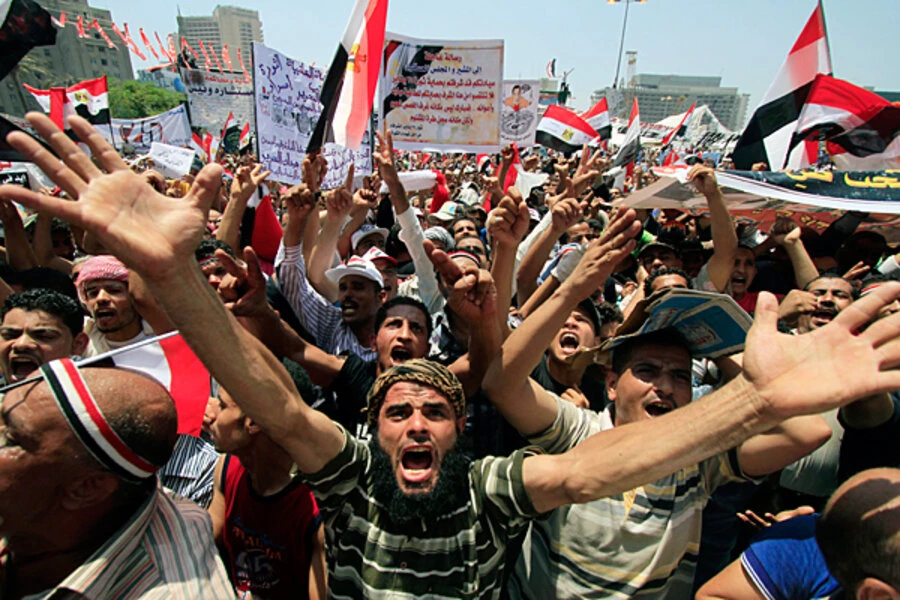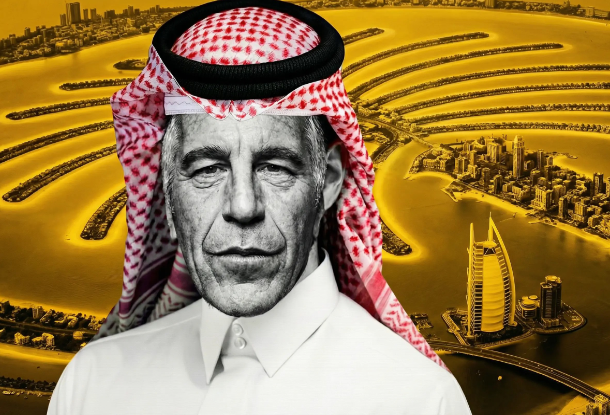In the final days of Ramadan, and just days before Eid al-Fitr, Sudan’s de facto president and army chief, General Abdel Fattah al-Burhan, knelt in prayer beside Saudi Crown Prince Mohammed Bin Salman at the Grand Mosque in Mecca. Al-Burhan had arrived in the kingdom only two days before the Sudanese civil war entered its third year – a striking gesture that underlined the growing ties between al-Burhan and Saudi Arabia.
This clear signal of Saudi-Sudanese rapprochement perfectly aligns with Riyadh’s broader strategic shift towards controlling ports across the Red Sea, which is directly linked to the kingdom’s ambitious Vision 2030 economic overhaul – especially its crown-jewel projects like NEOM, the massive Red Sea tourism developments along its western coastline, and the expansion of the Yanbu terminal, designed to diversify oil export routes away from the Strait of Hormuz.
Al-Burhan’s latest visit to the kingdom and its timing underscored Saudi Arabia’s long-term commitment to the Red Sea and its significance within Riyadh’s vision. Within this context, it appears that Saudi Arabia has moved beyond its neutral arbiter role in the Sudanese civil war and is instead leaning toward supporting the Sudanese Armed Forces (SAF) to secure geopolitical gains tied to Red Sea control.
Saudi Arabia’s move regarding Sudan began directly after the fall of Omar al-Bashir’s regime in 2021, when Riyadh started pushing for maritime border delineation talks with Sudan, taking advantage of the country’s marginalization and instability. Joint committees were quietly formed with the aim of reaching an agreement between the two countries. These negotiations were conducted in complete secrecy under the direction of Sudanese army chief Abdel Fattah al-Burhan, as any Saudi-Sudanese negotiation on maritime borders cannot be separated from the fate of the Hala’ib Triangle, including Shalateen and Abu Ramad. This is because such an agreement would directly affect the starting points of the maritime borders, the division of the continental shelf and natural resources, and control over the vital Red Sea shipping lanes.
Since maritime delimitation would determine which country legally and practically controls the coastline, and given that the Hala’ib, Shalateen, and Abu Ramad areas would fall within the scope of the agreement, this would amount to Saudi Arabia implicitly recognizing the triangle as Sudanese territory under Egyptian occupation. For this reason, the process was kept secret to avoid escalating tensions with Egypt – especially since Cairo is a backer of the Sudanese army while also maintaining strong ties with Riyadh.
When the civil war erupted in Sudan, the maritime border delineation committee’s work was suspended. However, after the Rapid Support Forces (RSF) formed a parallel government, Saudi Arabia pushed to resume the committee’s work in order to formalize the maritime border agreement and preempt any new developments that might emerge on the ground in Sudan.
Notably, the resumption of the committee’s work coincided with a high-level Saudi delegation’s visit to Port Sudan just days earlier, which focused primarily on Red Sea cooperation and on preventing Khartoum from providing military bases to Russia or Turkey along its 853-kilometer Red Sea coastline.
It appears that Saudi Arabia is seeking to sign a maritime border agreement with Sudan similar to the Tiran and Sanafir Islands agreement signed with Egypt in 2016, at a time when Egypt was facing a severe economic crisis.
The ongoing negotiations between Saudi Arabia and Sudan over maritime borders and the eventual signing of an agreement will inevitably ignite tensions with Egypt, as the Hala’ib, Shalateen, and Abu Ramad areas are at the heart of Sudan’s dispute with Cairo. Additionally, the revelation of such an agreement could affect the Sudanese army’s military alliances, given Egypt’s strategic interests in the region.
It is worth noting that the Hala’ib, Shalateen, and Abu Ramad triangle has been under Cairo’s full military control since the mid-1990s, following an assassination attempt on former Egyptian President Hosni Mubarak, which was supported by Sudan. Egypt has consistently rejected Sudan’s repeated calls to refer the dispute to international arbitration, as international law requires both parties’ consent to bring a dispute before an arbitration tribunal.
Rabah Filali is an accomplished multimedia journalist, senior correspondent, andpolitical analyst with over 33 years of experience in television, radio, and digital media.Throughout his career, he has covered five U.S. presidential elections, ten congressional elections, and numerous global political events, solidifying his reputation as a trustedvoice in political and crisis reporting. His work has spanned major media networks, including the Middle East Broadcasting Network (MBN), Al-Hurra TV, MBC, and Al-Arabiya, where he hasled coverage of international affairs, breaking news, and investigative journalism.







